
Danger to the Republic
People typing on keyboards endanger the Republic.
DAVID HAZINSKI offers humor from an expected source and tips about dealing with the "Evil Power of the Internet".
Hilarious musings from an ex-NBC guy who had the sense to find other employment.
Supporters of "citizen journalism" argue it provides independent, accurate, reliable information that the traditional media don't provide. While it has its place, the reality is it really isn't journalism at all, and it opens up information flow to the strong probability of fraud and abuse. The news industry should find some way to monitor and regulate this new trend.Hazinski offers a solution. That's considerate.
DBKP would like to offer Hazinski a clue: the news industry's "monitor and regulate" policy toward what people read is at the bottom of this trend. More evidence that the mad professor needs to call Vanna.
The premise of citizen journalism is that regular people can now collect information and pictures with video cameras and cellphones, and distribute words and images over the Internet. Advocates argue that the acts of collecting and distributing makes these people "journalists." This is like saying someone who carries a scalpel is a "citizen surgeon" or someone who can read a law book is a "citizen lawyer." Tools are merely that. Education, skill and standards are really what make people into trusted professionals. Information without journalistic standards is called gossip.What a dangerous, eroneous premise. Computers in the hands of regular Joes? What a menace.
We'd like to interject here that small-town reporters at news dailies resemble more closely their blogosphere brethren: they toil in the trenches, as likely to write about a cat caught in a tree as 'big stories'. They exhibit none of the arrogance we've come to expect from media gatekeepers in the "professional" major leagues.
They live among the subjects of their reports--unlike the denizens of CNN, New York Times, etc.
One images Haransky in the pre-Revolutionary American colonies: he'd be the one beating on John Peter Zenger's printing press with a pitchfork. Or shouting down Tom Paine.
Can't have the yokels putting out non-professional news without the guidance of their betters.
Hazinski now has us rolling on the floor.
Having just anyone produce widely distributed stories without control can have the reverse effect from what advocates intend. It's just a matter of time before something like a faked Rodney King beating video appears on the air somewhere.Kinda like fake documents showing up on the air at CBS Evening News right before the 2004 presidential election? Kinda like Dan Rather saying that he (alone) knew the truth?
Or kinda like NBC's faked Pinto videos? Those were 'recreations' of how dangerous the Ford product was to the public. Only they didn't say they'd rigged the Pinto with an explosive charge to make sure we got the point/joke?
Hazinski's prescription to this dangerous power? Regulation, clarification and certification.
• Major news organizations must create standards to substantiate citizen-contributed information and video, and ensure its accuracy and authenticity.Professor Hazinski (a former alumni of NBC News, sister organization of MSNBC, home of uber-journalists such as Keith Olbermann, Rosie O'Donnell and Chris Matthews) sums it all up in a big finish.
• They should clarify and reinforce their own standards and work through trade organizations to enforce national standards so they have real meaning.
• Journalism schools such as mine at the University of Georgia should create mini-courses to certify citizen journalists in proper ethics and procedures, much as volunteer teachers, paramedics and sheriff's auxiliaries are trained and certified.
But we have already seen the line between news and entertainment blur enough to destroy significant credibility. Continuing to do nothing as information flow changes will further erode it. Journalism organizations who choose to do nothing may soon find the line between professional and citizen journalism gone as well as the trust of their audiences.The wacky professor is too coy.
Who blurred that line, Prof? It wasn't a thousand blogs like DBKP; we're mere pikers in the blurring biz.
But we're going to be generous and offer professor Hazinski what he didn't offer the dangerous citizen journalists who are threatening his beloved NBC and other big "professional" media: a clue.
How about a little honesty, Prof?
Quit the sham that "professional journalists" are anything other than a bunch of guys--and a few gals--sitting around discussing your likes and dislikes and writing it into your evening newscasts.
When the gossip clubs known as "professional" media lowers their masks, I suspect part of the blogosphere may lower their disdain for the media gatekeepers and their apologists like Hazinski.
Citizens typing on keyboards are no danger to the Republic.
We are a danger to Hazinski's buddies in the big "professional" media, however.
by Mondoreb
[images:goodexperience; etc.usf.edu.]
Source: Unfettered Citizen Journalism Too Risky
Death by 1000 Papercuts Front Page.



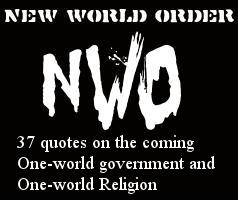
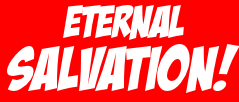

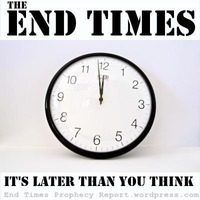
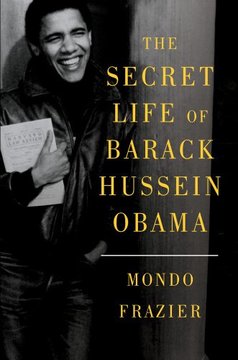
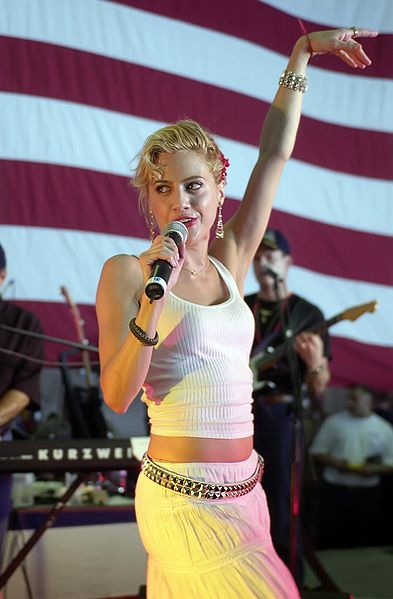



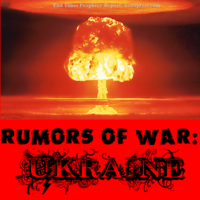


















No comments:
Post a Comment
Leave your name/nic.
We've changed the comments section to allow non-registered users to comment.
We'll continue like that until it's being abused.
We reserve the right to delete all abusive or otherwise inappropriate comments.